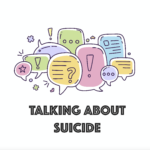
Laura Hemming reflects on the findings of a recent Australian study, which looks at personal language use around suicide, mental health concerns and alcohol and other drug use, and seeks to find consensus on how we speak to each other about these issues.
[read the full story...]







